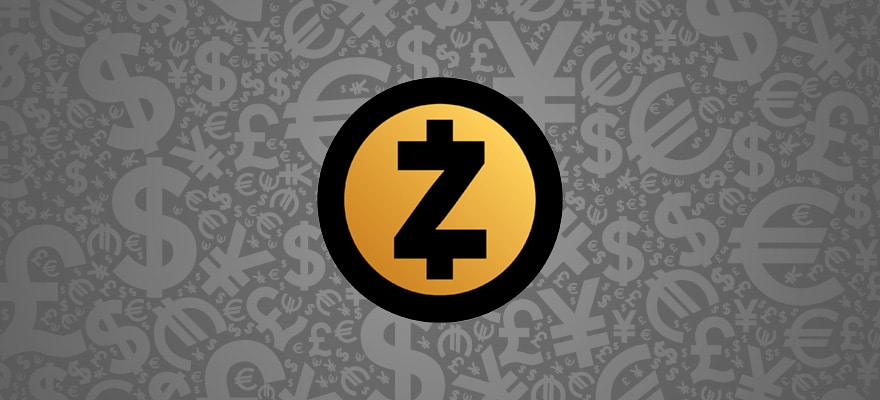Community members of the privacy-oriented digital currency Zcash have discovered a fake version of the official wallet of the cryptocurrency.
The Zcash Foundation on Sunday warned in a tweet that the fake version of ZecWallet is believed to contain malicious codes, harming the users of the wallet.
The malicious wallet has been added to the official Github repository of the project and was detected due to an anomaly in the checksum and size of the wallet.
?⚠️ PSA to all Zcash users! There is a fake version of ZecWallet that likely contains malware (size and checksum is different) double check you are downloading from official @zecwallet repo on GitHub: https://t.co/EpMyH5iCdp @ElectricCoinCo @ZcashFoundation @zooko pic.twitter.com/N9HklOH6gn
— mine Zcash ᙇ?️ᙇ (@mineZcash) October 20, 2019
The official Twitter handle of ZecWallet also re-tweeted the warning, acknowledging the threats to the users of the digital currency.
Backlash towards privacy coins
Zcash is known for providing privacy features to its users by hiding the transaction-specific details. This also made the currency popular among cybercriminals, as on multiple occasions, online extortions were demanded in the form of Zcash.
The potential threat of criminal activities with the coin also forced two major digital asset exchanges - UpBit and OKEx - to delist the currency along with a number of other cryptos, including Dash.
However, Binance, one of the largest crypto exchanges by trade volume, has recently listed Zcash on its newly launched United States subsidiary.
Last month, a Blockchain developer also revealed a bug on most of the forks of Zcash, which could leak metadata containing the full nodes’ with shielded IP addresses.
Malware is common in the crypto industry as hackers are constantly trying to siphon funds using different tactics. Crypto Mining malware is one of the most common forms, usually injected into victims’ computers to mine digital currencies. In August, researchers discovered a Monero-mining malware that hides its processes from the task manager, in an attempt of not getting caught.

















